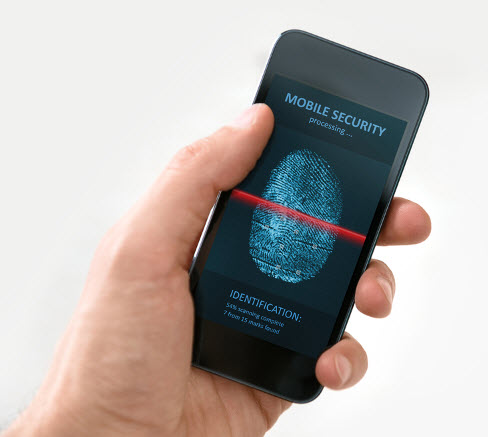Biometric technology may be the tool the mobile payments space needs to be successful. Security has long been a problem in the digital commerce sector. When e-commerce first began growing, there were many security risks that consumers and businesses had to deal with before shopping online could be considered safe. Over the years, the digital space has become more secure, but no less dangerous, and companies continue to fall prey to the risks that exist in the online world.
E-commerce is now something that people around the world participate in on a daily basis. Consumers enjoy the convenience that shopping online represents, but it has taken years of trial and error for online retailers to get it right and keep people safe while they are shopping online. The mobile commerce space is experiencing a similar problem, but retailers have had little time to address security issues thus far. Biometric technology could be the solution that businesses are looking for when it comes to security in the mobile space.
 Passwords and security phrases can be compromised with varying degrees of effort and malicious groups are beginning to target the mobile space due to its relative lack of security. While hackers can find ways to exploit a wide range of platforms and services, they cannot exploit biological information that is used to keep these platforms safe. Biometric technology can turn a fingerprint into a virtual key, giving mobile consumers a higher level of security that they have not experienced in the past.
Passwords and security phrases can be compromised with varying degrees of effort and malicious groups are beginning to target the mobile space due to its relative lack of security. While hackers can find ways to exploit a wide range of platforms and services, they cannot exploit biological information that is used to keep these platforms safe. Biometric technology can turn a fingerprint into a virtual key, giving mobile consumers a higher level of security that they have not experienced in the past.
At its core, biometric technology is quite simple. It uses biological information, such as a fingerprint or a retinal scan, to control access to a mobile device or other type of electrical system. Because this information is unique for everyone, it is difficult to exploit. Biometric technology is not perfect, of course, but it could be powerful enough to solve some of the security problems that exist in the mobile commerce space. In fact, biometric technology is one of the reasons that Apple has entered into the mobile payments field, a sector it had once considered too risky to participate in.

 Beyond the novelty aspects of AR, the
Beyond the novelty aspects of AR, the 